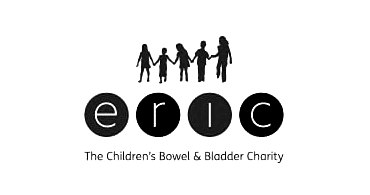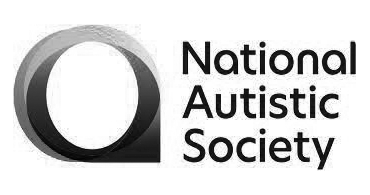Toileting
Toileting can be confusing for neurodivergent children and young people. This may be linked to various developmental differences, including communication, interoception and executive functioning. The child/young person may find it challenging to interpret the sensations in their body easily, know what to do with the different sensations or find it challenging to communicate their needs.
Information and resources are suggested below to support with toileting.

Sensory needs and toileting
This ERIC webpage provides information about sensory processing differences and toileting, which may help you to understand some of the challenges faced by neurodivergent individuals when using the toilet.
.
Read about sensory needs and toileting
Constipation and autism
A blog post from a continence specialist from ERIC explores the connection between constipation and autism.
Visit ERIC website
Autism and potty training
This page provides advice on potty training children with additional needs, with specific advice on autism.
Read more about autism and potty training
Guide to potty training autistic children
A guide for parents and carers from the National Autistic Society which makes some suggestions for toilet training autistic children.
Read the guide
Bedwetting guide
BBUK provide an easy-read guide for children to help them understand their bedwetting.
Read bedwetting guide
Learning disabilities and constipation
BBUK provide an easy-read guide to constipation for people with learning disabilities which may help your child to understand constipation and what they can do to prevent it.
Read constipation guide
Improving toileting in autistic children
A blog post by a Children’s Specialist Nurse explains why toilet training can be more challenging for autistic children, and makes suggestions for improving toileting.
Read blog post
Challenges with public toilets
This article explores the challenges that neurodivergent young people may have when using a public toilet.
Read article
Disabled toilet RADAR keys
Your child is entitled to use a disabled toilet if they have ND, and this may be less stressful for them. You can get a RADAR key for £2 from Leeds Community Hubs across Leeds.
Find your local hub
Changing Places toilets
Changing Places are more spacious disabled toilets. They also have changing benches which hold more weight than changing tables usually found in public toilets. There are over 35 Changing Places across Leeds.
Find changing places toilets
Suzie's toilet time
This book for children may help them to understand how to use the toilet.
Go to book linkWas this helpful?
MindMate will be developing the ND hub further – please let us know what you think so far to help us get this right by completing this online survey.
